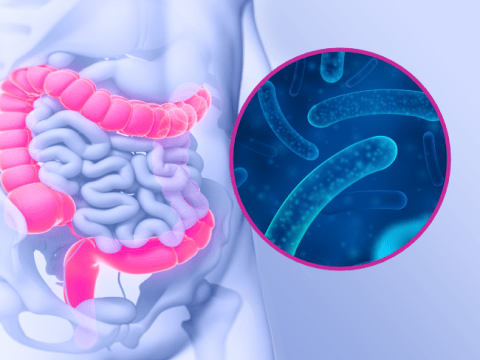However, a study conducted in the United States has revealed that giving antibiotics to a child during their first year of life has an impact on their risk of developing a food allergy.
By considering the antibiotics prescribed to children with allergies compared with those prescribed to children with no allergies, the researchers found that children with food allergies had received more antibiotics during their first year of life than the allergy-free children.
Taking antibiotics frequently is known to affect the intestinal microbiota, which plays a key role in the development of the immune system and of food tolerance1.
A few words of explanation:
The term food allergy refers to various abnormal immune system reactions (affecting the skin, digestive system, etc.) that are triggered by ingesting a particular type of food². When an individual’s tolerance has established correctly, the immune response is regulated and food allergy reactions do not occur.
It is important to bear in mind that antibiotics should not be taken as an automatic response!






